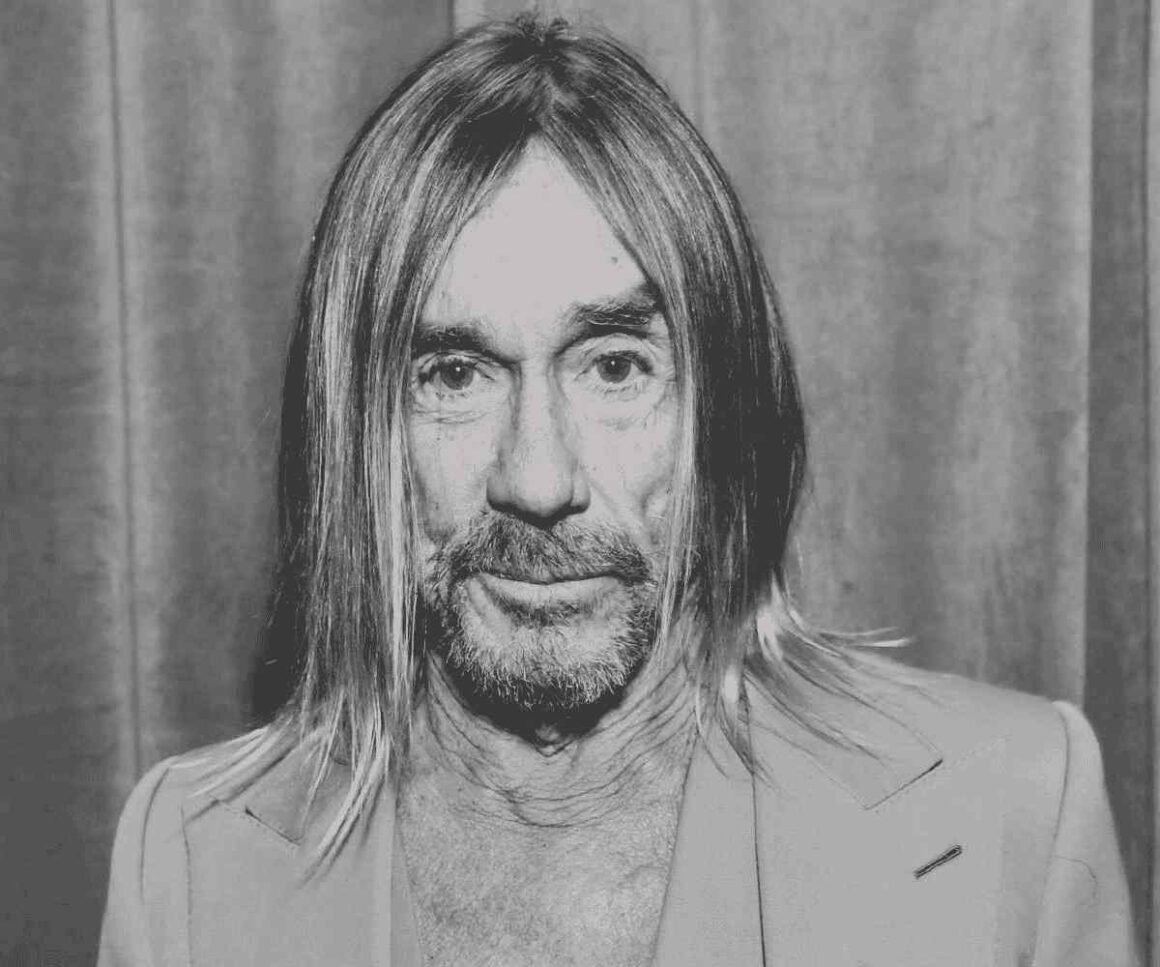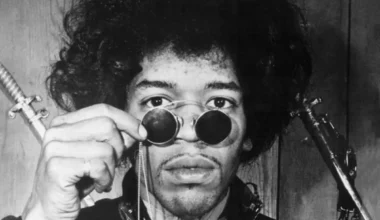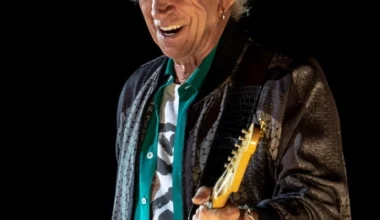When Iggy Pop first began crafting music with The Stooges, there were no boundaries. The whole purpose of the band was to generate as much chaos as possible within a single track.
Whether or not their songs were the most listenable didn’t matter—what mattered was delivering a jolt of energy to their audience.
This mindset carried over into Pop’s solo career, but even he knew some songs were better left unreleased, like “African Man.”
After the release of Raw Power, Pop had become a beacon for those eager to see what the wildman of rock would do next.
A solo career from Iggy Pop had far more appeal than a James Williamson project, and with albums like Lust for Life, it was clear that Pop had entered an even more unpredictable phase.
New Friends and New Sound
Now collaborating with creative powerhouses like David Bowie, Pop’s records such as The Idiot became landmarks of future art rock.
Tracks like “Nightclubbing” foreshadowed the music of bands like Nine Inch Nails and hinted at what Talking Heads would later achieve with their exploration of electronic soundscapes.
With the new wave movement cresting, New Values seemed like the perfect vehicle for Pop to align with the times.
However, among its tracks lay a problematic piece, “African Man,” a song that felt out of place, both musically and lyrically.
A Misstep in Tone
The tune retained Pop’s signature blend of punk provocation and sing-song delivery, but the lyrics felt tone-deaf, if not outright offensive.
Where songs like “China Girl” (which Bowie would famously cover on Let’s Dance) flirted with the edge of insensitivity, “African Man” crossed the line.
What may have been intended as shock value now registers as distasteful, with its lyrics open to interpretation as either thoughtless or racially insensitive.
Pop’s penchant for stirring reactions was undeniable—after all, that was part of punk’s ethos—but even he would come to recognize the misstep in this song.
Reflecting on New Values years later, Pop didn’t mince words about how he felt regarding “African Man.”
Pop’s Own Critique
“If the record company wanted to knock that off the album, I’d be all for it,” Pop confessed. “It’s the weakest song on the album.”
The regret in his voice was evident, and in hindsight, it’s clear he would have preferred to erase it from his discography.
Pop’s willingness to own up to the error shows his recognition of the song’s flaws, a rare move for an artist known for pushing boundaries.
A Larger Issue in Rock
Unfortunately, Pop’s misfire with “African Man” wasn’t an isolated incident in the rock world.
Only a few years later, bands like Genesis would venture into similarly problematic territory with songs like “Illegal Alien,” which was criticized for its racist portrayal of immigration.
In a far more infamous example, Axl Rose of Guns N’ Roses sparked outrage when he unapologetically used racial slurs in the track “One in a Million” from their Lies EP.
While Pop’s lyrics may have been intended as harmless wordplay, the final result only cast a shadow on both the song and the artist.
New wave was about pushing the envelope and reinventing the soundscape, but “African Man” failed to innovate in a positive direction. Had Pop refined the song’s message, it’s possible he could have captured something more groundbreaking.
A Lesson in Evolution
Iggy Pop has always been a provocateur, but “African Man” serves as a reminder that not every experiment is successful.
Creative evolution often requires missteps, and for Pop, this song represents a learning moment in a career filled with bold choices.
Though the song may have faded into obscurity, Pop’s legacy as an artist willing to challenge the status quo remains as enduring as ever.







